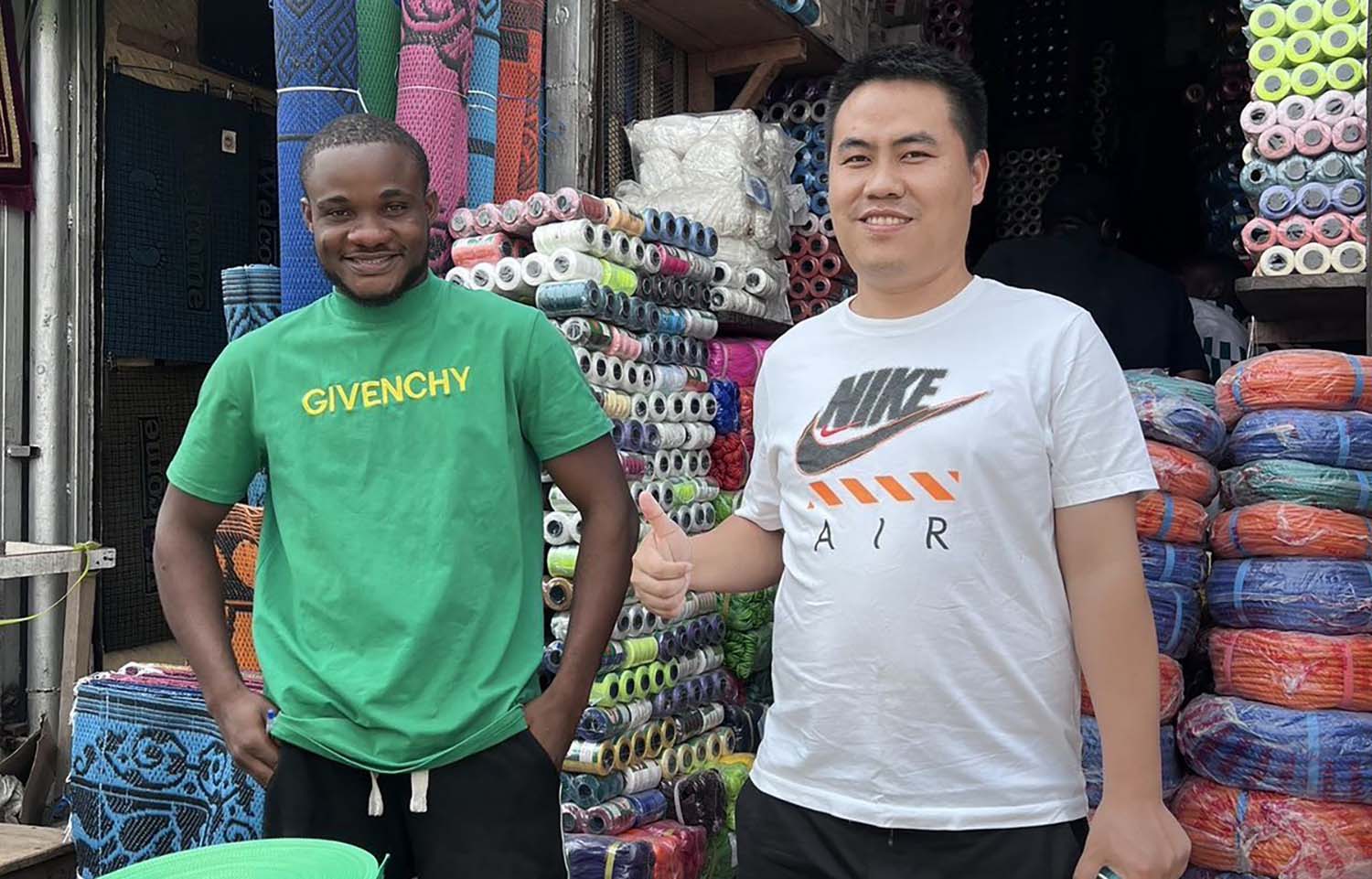Later this year, Chinese officials in Beijing are set to welcome ambassadors from several African nations for the ninth edition of the Forum on China-Africa Cooperation (FOCAC), previous editions of which have led to the inking of many Chinese-backed infrastructure projects in Africa.
China has the largest diplomatic presence in Africa of any nation, operating 60 diplomatic posts across the continent. Economic ties between China and Africa have deepened in recent years, with China surpassing the United States to become Africa's largest trading partner in 2009. Several African nations are increasingly looking to China to help them grow their seafood industries, and numerous African seafood industry development projects are expected to get backing at the 9th annual FOCAC this fall in Beijing.
Angola is pushing into aquaculture, seeking Chinese backing to do so. Cheng Feng, charge d’affaires of the Chinese embassy in Angola, met with Angolese Fisheries Minister Cármen do Sacramento Neto in late 2023 to discuss how the southwest African country can hit its target of having 55 percent of its employment stem from the agriculture and fisheries sectors. That goal is gaining steam, with related projects including Beijing-based Haishan Group announcing an aquaculture project near the Angolese capital of Luanda pushing the country toward achieving the objective.
Elsewhere, Chinese companies are participating in wild-catch fishery projects across Africa. Salim Mvurya, Kenya's minister of mining, the blue economy, and maritime affairs, hailed the first shipment of Kenyan anchovies to China from a plant operated by Chinese-owned Jinzai Foods Group recently as a historic moment for the country.
Jiang Song, the general manager of fish equipment manufacturer Wuhan JiaNuo, is described in Chinese state media as “Africa’s fishing king,” celebrating the businessman’s success selling nets and other fishing equipment to African buyers. Jiang has a liaison office in the Nigerian capital of Lagos, through which it supplies Africa's fishing industry. It also sells via Chinese e-commerce platforms such as Alibaba and Temu. Jian and other equipment vendors have been boosted by Chinese state media, which has promoted Chinese fishery expertise and equipment as boosting economic development in Africa.
Africa's seafood sector has also benefitted from training provided by Chinese experts. He Wang, the deputy director of the Hunan Fisheries and Environment Research Department, has traveled across Africa as a state-funded expert for more than two decades, transferring know-how to fish farmers in Ethiopia and Zimbabwe. Similarly, Jing Xiao Jun, the head of the freshwater division at the China Fisheries Academy, which has campuses that frequently train visiting delegations from developing countries, has trained African aquaculturists on seed, feed, and pond construction technology.
Though Chinese investment in Africa has been robust, there are some signs that it is slowing, with certain projects failing to draw the Chinese investment they seek, such as ...








